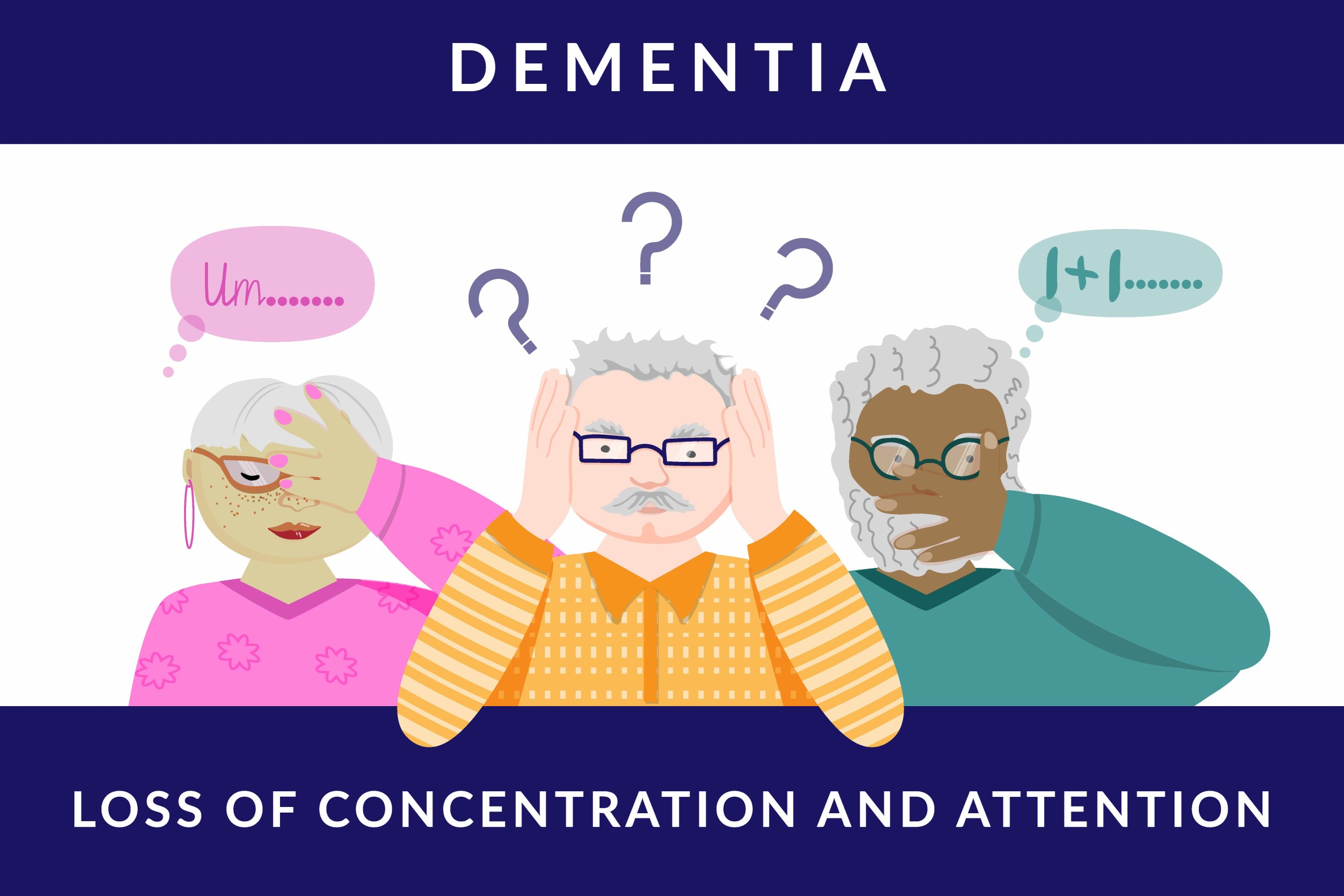
Many Americans are aware of the steps they should take to avoid developing dementia. Few keep to those guidelines for more than a short time, however, before reverting back to their normal lifestyle.
Now scientists have found that teaching the steps followed up by one-on-one coaching and encouragement to consistently change only a few everyday habits can significantly cut your risk of developing dementia.
Read More »These conclusions were reached in a new study from Neurotrack, a developer of solutions for brain health, and researchers at the University of Arkansas. The researchers in the study found that people can be taught how to change their daily way of living with just four months of coaching and health education.
That coaching can cut their risks for dementia and improve brain health at the same time.
The researchers say that a significant body of evidence exists that indicates that positive changes in lifestyle can slow down or even prevent the advancement of a decline in brain function.
Coaching seen as most effective
The main factor that the researchers identified was that those who changed their behavior did so when they were provided with education on how they could improve their condition in simple ways and were then coached on achieving those changes.
They were taught and assisted in personalized sessions. A brain health coach focused on being physically active, following good nutritional habits, sleeping properly, engaging socially, avoiding stress, and providing exercises for the brain.
Encouraged and motivated
Adults who took part in the study were also encouraged to follow up effectively on what they were told. They were motivated to keep to the changes in behavior and thinking over the course of a few weeks.
The participants received teaching materials every other week that concentrated on the lifestyle factors that were emphasized in the coaching and teaching sessions.
Realized the impact of coaching
Not only did those participants who followed the teaching and coaching improve in measures of their brain functions, but they also reported that they realized the ways in which the behaviors that they were taught were able to help them.
Many of the participants said that they felt the coaching method might offer a better form of protection against the development of dementia or Alzheimer’s than other forms of treatment.
The research study confirmed this belief. It found that coaching was more effective than other methods of dealing with dementia, including medication.
Progress was exciting
The short time in which risk was reduced through the coaching was exciting, says Jordan Glenn, chief science officer of Neurotrack.
The key factor to gaining improvements in the participants’ conditions was keeping to the activities that were outlined. Nevertheless, even when a person met only once with a health coach a significant decrease was noted in the person’s risk for developing some sort of brain decline, Glenn explains.
Could benefit millions
The research can be broadly applied to a lot of people. So much so that it has the potential to be of assistance to millions of people, he adds.
A particular benefit is that it does not require any medication to be successful.
The researchers point out that there is a great need for health education that can help prevent the onset of dementia. The need is particularly acute, they say, as medicinal treatments are limited and there is a shortage of neuropsychologists and neurologists who specialize in senior care.
The coaching sessions can be given by a person who has been trained to do so.
They point out that their study shows that coaching seniors and following up on them are the best courses of action at a time when the population of the United States is aging, putting more and more Americans at risk for Alzheimer’s and dementia.
The researchers also point out that in a recent survey conducted by Global Brain Health almost everyone questioned said that they would be interested in a straightforward brain test that would help them to understand the degree to which they were at risk for dementia so that they could know whether they could apply for possible coaching and assistance in that form.
The 216 people who took part in the study were aged between 45 and 75. They were all identified as being at a risk for developing Alzheimer’s.
Digital screening tool developed
Neurotrack has developed a three-minute digital brain screening tool that medical providers can use to screen their patients for brain impairment and decline when they are undergoing a yearly wellness examination.
Actions on which participants were coached
In the study the participants were coached on those actions that can protect people from developing Alzheimer’s compared with those that can cause them to become worse.
Among them:
Positive impacts:
• Significant physical activity
• Sufficient amount of sleep
• Social engagement
• Brain activity
• Ability to cope with stress
Negative impacts:
• A high degree of alcohol use
• Failure to cope with stress
• Lack of social activity.
• Inadequate brain stimulation through exercises.
The present study, which is ongoing and the final results of which will be available in a year, is published in GeroScience.





